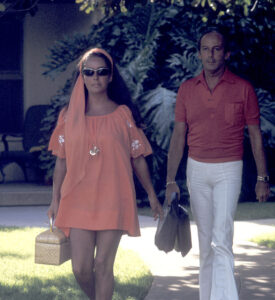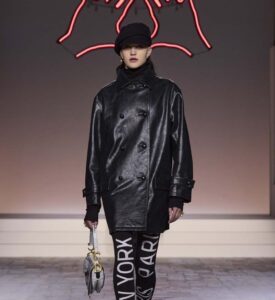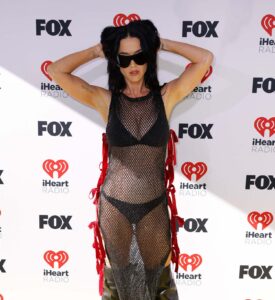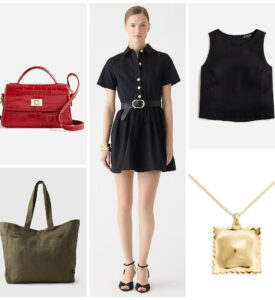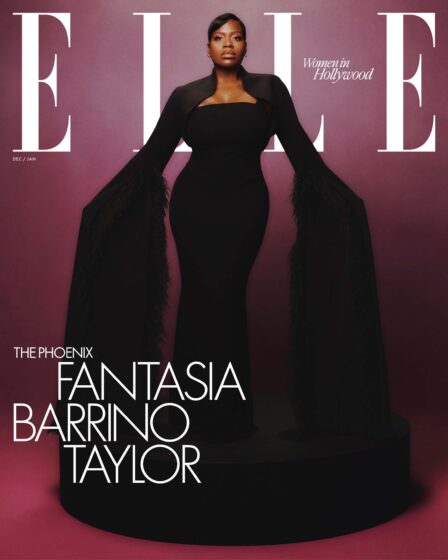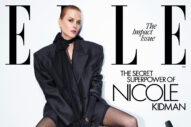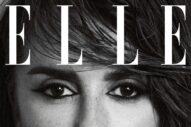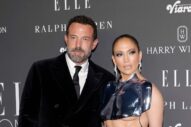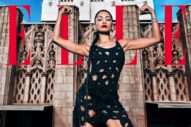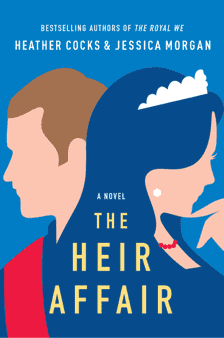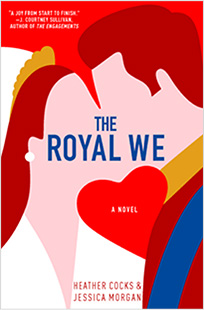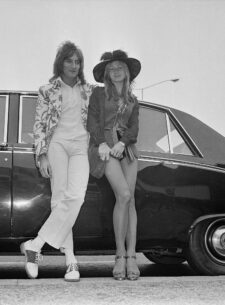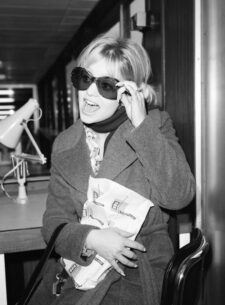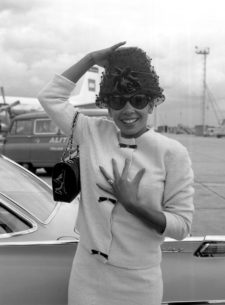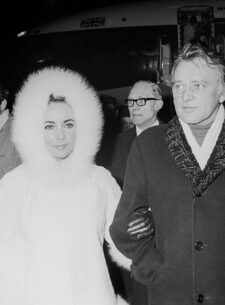These covers are a pretty mixed bag for me, but the women they picked are certainly worth the column inches. To try and edit myself FOR ONCE, I looked at all the inside photos they sent and tried to pick only one for each person that I’d have liked to see instead of the actual cover — though, in some cases there weren’t better picks, and in some, I couldn’t decide so of course I violated my own rule.
Each got a write-up, and usually I like to pick my own excerpts, but I can’t read these right now because I’m over my article limit on Elle; ergo, I’ll pick from what the magazine sent.
Fantasia Barrino Taylor, on the advice she’d give someone coming up now: “Always remember it was your first love, so that you don’t get caught up in the rat race. There was a point where I didn’t want to sing no more because I just was like, ‘Why are my albums not going number one? Why am I not selling out? Why am I still showing up at the shows and the promoter ain’t got my money?’ I had to get to a place where I realized that I am the award, I am the trophy. Now my shows are sold out, but I don’t want to get caught up in it. And that’s what I would tell a young person: ‘Make sure you still love it.’ Don’t get caught up in all the hoopla—remember what you fell in love with.”
Taraji P. Henson on shooting The Color Purple: “I remember being on a set and looking around like, ‘Oh my God, I’ve never seen Black people look so beautiful.’ [The director Blitz Bazawule] took such great care and he allowed us to bring what we had to it. It wasn’t about trying to reinvent the wheel or trying to do what Oprah and [the original cast] did before us. He really allowed us to just make it our own. And that’s a scary thing to do because we’ve got big shoes to fill. I just think everyone came and showed up and understood how important this piece of literature is to our culture. We brought our hearts and our souls. We just left it on the set every day on this film, everybody. It was such a beautiful moment of my career.”
Danielle Brooks, on what Broadway’s The Color Purple meant to her: “It was my first Broadway show. But, it brought a lot of pressure for me. I had this imposter syndrome and did not understand how, in my first Broadway show, I’m Tony-nominated. All of these things started creeping up of, ‘I don’t deserve this.’ But getting to sing ‘H**l No,’ the song that Sofia sings every night, and say h**l no to my fears, say h**l no to this voice that is putting doubt [in me] and saying that I’m not worth it—really was healing for me.”
Greta Lee, on Past Lives and diversity: “Before [Past Lives], I had accepted that either it wasn’t going to come at all, or if it was going to come, it was going to come at the end of my career, if I was lucky. As an actor, there’s always the question, especially for someone like me: Will I ever get more opportunities? You don’t want to address the extreme discrepancy of opportunities for people of color. It would be disingenuous of me not to acknowledge that I have this burning rage on behalf of myself and other actresses like me who do not want to wait for roles like this. I do not want other people—other women, other women of color, other Asian American actresses—to have to sit there and wait. There has to be a better way.”
Eva Longoria on inequality and directing Flamin’ Hot: “You have to assume you have the job—that’s what men do all the time. They don’t assume they’re fighting for the job. Hearing that changed my approach and my tone in the room when I pitched Searchlight. I was like, This is my movie, and I, in every fiber of my being, knew I would be directing this. It’s mine, it’s mine, it’s mine.” It’s not lost on her how much was riding on her success. “I couldn’t fail at my first movie—that wasn’t an option for me, because then I wouldn’t get a second chance,” Longoria says. “Men can direct a $200 million movie, fail, and get another $200 million movie. And you’re like, What?” To change that imbalance, she says, “You have to work harder; you have to work smarter. I don’t mind doing that until we have equality. I’m going to keep pushing the line and doing all I can to pave the road.”
Lily Gladstone on becoming famous: “When I accepted this role, I knew that my life was going to be taking a very different turn and I would have a much bigger spotlight on me. So I’ve had a low level of anxiety for the last couple of years about what’s going to happen when the internet figures out who I am. So far, I’ve been very pleasantly surprised that there’s way more love than hate out there. And that goes back to community. It’s been an incredible reminder of like, Okay, maybe all these things that I’ve been saying—that representation really matters, that seeing yourself represented gives you a sense of your place in the world [resonated with people]. So my anxiety went away when I started seeing all the love and excitement and support.”
America Ferrera on progress in Hollywood: “I always have to remind myself that my career is an anomaly. I have had an incredible amount of fortune, and I have so much gratitude, but I know this does not mean, ‘America did it, so anyone can.’ It’s still an anomaly. I am not a symbol of things changing in this industry; I’m an exception. And I do think some things have changed, but I really regret being used as proof that everything’s okay, because it really isn’t. And yet, I can still appreciate the progress. I love that the new Latina stereotype is ‘unhappy goth.’ I’m like, ‘H**l yeah!’ I was never allowed to be that.”
Jodie Foster, on being famous basically forever: “I find myself tapping people on the shoulder and apologizing about who I was when I was in my twenties, saying ‘I can’t believe I was so self-involved and so unaware of my own privileges.’ I was a terrible friend because I was busy shooting. Unless you have that time as a regular person, you become stunted in so many ways. I accomplished a lot, but as a person, I was really behind. It’s a hard lesson to learn, because you have to look in the mirror and say, ‘I failed a lot of people, and I wasn’t the person I could have been.’”
Jennifer Lopez, on where to from here: “I want to tell the gamut of stories,” she says. “Uplifting, empowering stories, and entertaining stories, and gangster movies. I want to do everything that men do. I want to do all of it.” She doesn’t like the notion that women only want to see love stories or romantic comedies. “I think that’s insulting.” Women, she points out, “have been leaders of countries. We have run empires; we have done all of these things throughout history, and we should tell all of those stories.”

